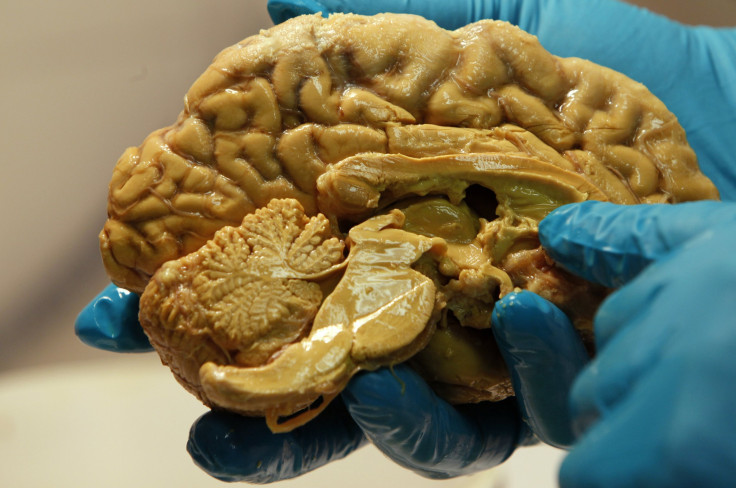Molecular Switch Rewires Neurons Linked To Learning: Study

Researchers said they have found a molecular “switch” that is capable of altering the properties of the brain’s cells, a finding they said could have implications well beyond brain treatment.
A team of scientists from King's College London have found that some of the neurons in the cerebral cortex, the section of the brain thought to play a role in awareness and language, can adapt their properties in response to changes in their network -- such as those seen during the learning of a physical task.
Their findings, published Friday in the journal Science, suggest that the brain’s “hardware” is highly adaptable and can change in ways that are not yet understood.
The researchers looked at two different classes of neurons, only to discover that they were looking at the same type of cell that was cycling between two different states. The two classes of neurons were both fast-spiking interneurons, part of a general class of neurons responsible for regulating the activity of most cells in the cerebral cortex.
Unlike sensory and motor neurons, which are responsible for connecting the nervous system to organs and tissues, interneurons connect to other neurons.
They looked at a type of interneuron known as fast-spiking parvalbumin-expressing (FSPV) basket cells, which have been linked to learning. Within this category, there are subtypes that fire rapidly upon being depolarized or after some delay.
In mice, they found that the slow-firing FSPV cells tended to have high levels of a protein known as Er81, while fast-firing ones had lower levels of the protein. In genetically engineered mice that did not express Er81, the firing delay was eliminated.
They also found that Er81 interacted with a potassium channel called Kv1.1 in the neurons, which is thought to regulate firing delays. The researchers said that their findings suggest that Er81 is responsible for regulating the channel’s expression, and the firing speed of the interneurons.
“Our findings explain the underlying mechanisms behind the dynamic regulation of the identity of interneurons,” first author Nathalie Dehorter said, in a press release. “The results of this study support the notion that activity plays a prominent role in the specification of neuronal properties, which adapt in response to internal and external influences to encode information. In other words, that our 'hardware' is tuneable, at least to some extent.”
They said that their research identifies one of the factors responsible for the brain’s plasticity, which can have significant effects on its structure and capabilities well after it is finished growing. Previous research has focused on the effects that isolation and video games can have on the brain, or on the microbes present in one’s gut.
The researchers in the latest study said that their finding has implications that could influence everything from education policy to brain repair.
Co-author Oscar Marin said the study “demonstrates the tremendous plasticity of the brain, and how this relates to fundamental processes such as learning. Understanding the mechanisms that regulate this plasticity, and why it tends to dissipate when we age, has enormous implications that go beyond fundamental neuroscience, from informing education policies to developing new therapies for neurological disorders such as epilepsy.”
© Copyright IBTimes 2024. All rights reserved.





















